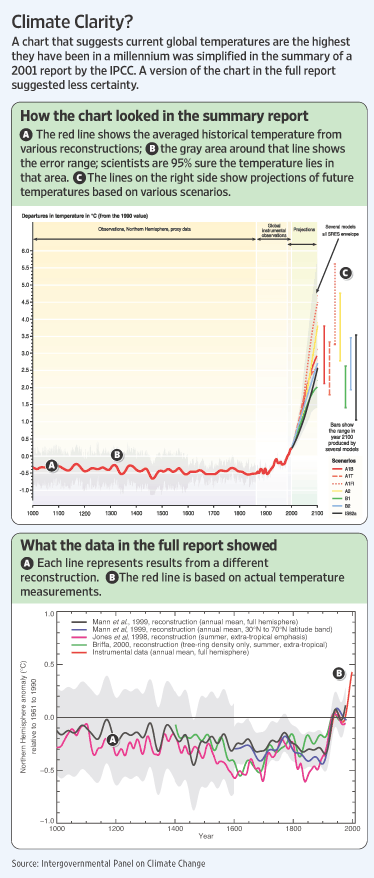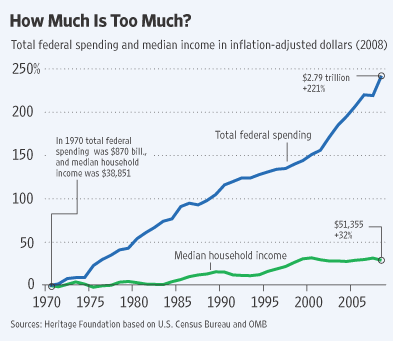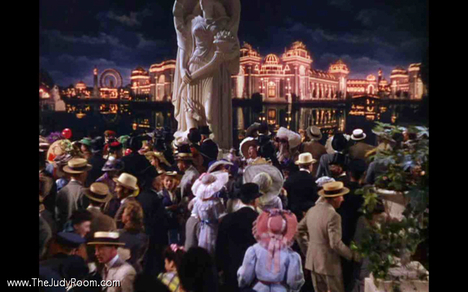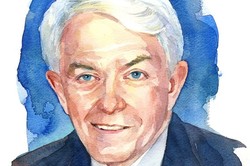(p. 163) Some of my detractors, and I’ve acquired a few over the years, say that my penchant for experimenting with new menu items is a foolish indulgence. They contend that it stems from my never having outgrown my drummer’s desire to have something new to sell. “McDonald’s is in the hamburger business,” they say. “How can Kroc even consider serving chicken?” Or, “Why change a winning combination?”
Of course, it’s not difficult to demonstrate how much our menu has changed over the years, and nobody could argue wish the success of additions such as the Filet-O-Fish, the Big Mac, Hot Apple Pie, and Egg McMuffin. The most interesting thing to me about these items is that each evolved from an idea of one of our operators. So the company has benefited from the ingenuity of its small businessmen while they were being helped by the system’s image and our cooperative advertising muscle. This, to my way of thinking, is the perfect example of capitalism in action. Competition was the catalyst for each of the new items. Lou Groen came up with Filet-O-Fish to help him in his battle against the Big Boy chain in the Catholic parishes of Cincinnati. The Big Mac resulted from our need for a larger sandwich to compete against Burger King and a variety of specialty shop concoctions. The idea (p. 164) for Big Mac was originated by Jim Delligatti in Pittsburgh.
Harold Rosen, our operator in Enfield Connecticut, invented our special St. Patrick’s Day drink, The Shamrock Shake. “It takes a guy with a name like Rosen to think up an Irish drink,” Harold told me. He wasn’t kidding. “You may be right,” I said. “It takes a guy with a name like Kroc to come up with a Hawaiian sandwich . . . Hulaburger.” He didn’t say anything. He didn’t know whether I was kidding or not. Operators aren’t the only ones who come up with creative ideas for our menu. My old friend Dave Wallerstein, who was head of the Balaban & Katz movie chain and has a great flair for merchandising–he’s the man who put the original snack bars in Disneyland for Walt Disney–is an outside director of McDonald’s, and he’s the one who came up with the idea for our large size order of french fries. He said he loved the fries, but the small bag wasn’t enough and he didn’t want to buy two. So we kicked it around and he finally talked us into testing the larger size in a store near his home in Chicago. They have a window in that store that they now call “The Wallerstein Window,” because every time the manager or a crew person would look up, there would be Dave peering in to see how the large size fries were selling. He needn’t have worried. The large order took off like a rocket, and it’s now one of our best-selling items. Dave really puts his heart into his job as a director, now that he’s retired and has plenty of time. There’s nothing he likes more than traveling with me to check out stores.
Our Hot Apple Pie came after a long search for a McDonald’s kind of dessert. I felt we had to have a dessert to round out our menu. But finding a dessert item that would fit readily into our production system and gain wide acceptance was a problem. I thought I had the answer in a strawberry shortcake. But it sold well for only a short time and then slowed to nothing. I had high hopes for pound cake, too, but it lacked glamor. We needed something we could romance in advertising. I was ready to give up when Litton Cochran suggested we try fried pie, which he said is an old southern favorite. The rest, of course, is fast-food history. Hot Apple Pie, and later Hot Cherry Pie, has that special quality, that classiness in a finger food, that made it perfect for McDonald’s. The pies added significantly to our sales and (p. 165) revenues. They also created a whole new industry for producing the filled, frozen shells and supplying them to our stores.
During the Christmas holidays in 1972, I happened to be visiting in Santa Barbara, and I got a call from Herb Peterson, our operator there, who said he had something to show me. He wouldn’t give me a clue as to what it was. He didn’t want me to reject it out of hand, which I might have done, because it was a crazy idea–a breakfast sandwich. It consisted of an egg that had been formed in a Teflon circle, with the yolk broken, and was dressed with a slice of cheese and a slice of grilled Canadian bacon. This was served open-face on a toasted and buttered English muffin. I boggled a bit at the presentation. But then I tasted it, and I was sold. Wow! I wanted to put this item into all of our stores immediately. Realistically, of course, that was impossible. It took us nearly three years to get the egg sandwich fully integrated into our system. Fred Turner’s wife, Patty, came up with the name that helped make it an immediate hit–Egg McMuffin.
Source:
Kroc, Ray. Grinding It Out: The Making of McDonald’s. Chicago: Henry Regnary Company, 1977.
(Note: ellipsis and italics in original.)







